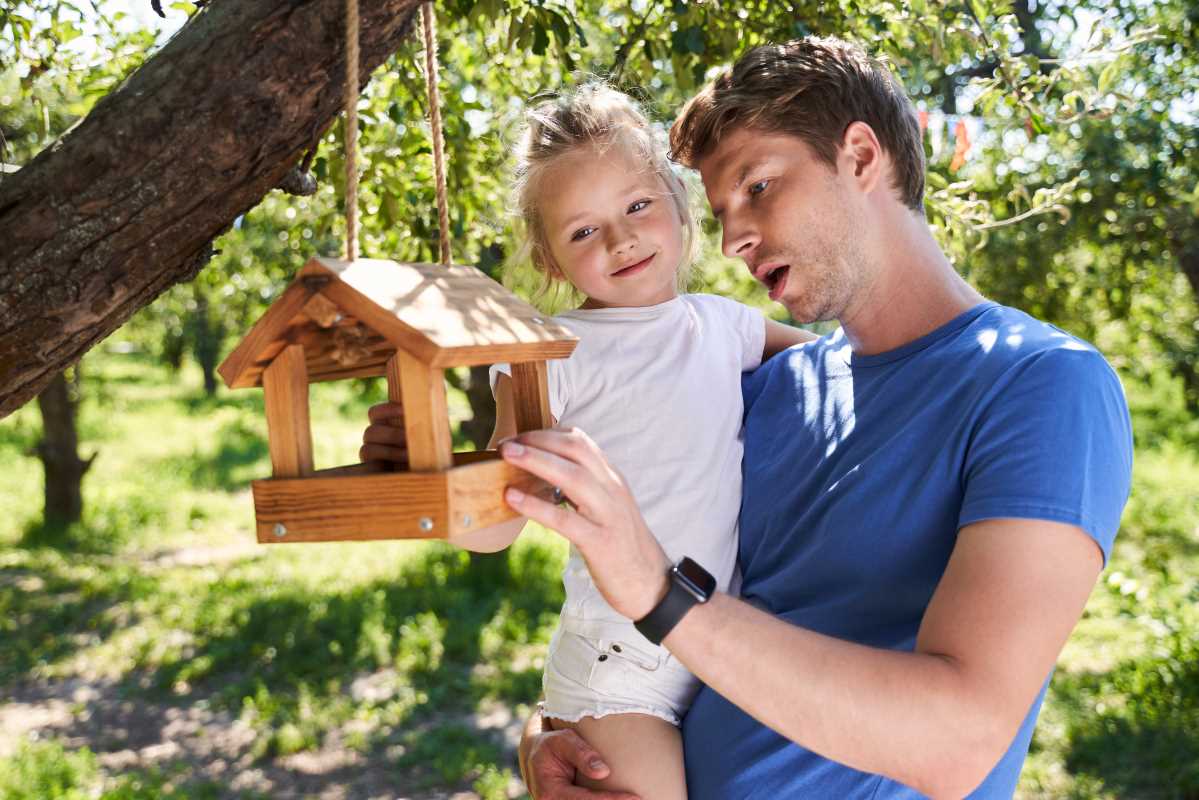Talking to your children about challenging topics can feel overwhelming. Whether the subject is grief, friendship troubles, changes in the family, or global events, these conversations are crucial in fostering trust, resilience, and emotional intelligence. Avoiding these discussions often leads children to draw incomplete conclusions or feel unsupported, potentially impacting their mental health. By facing these tough subjects together, you can build stronger relationships and teach your kids essential coping skills.
Understanding Why Tough Talks Matter
Tough conversations give kids a safe place to share feelings, ask questions, and make sense of the world around them. From a young age, children start interpreting their surroundings and forming their own ideas based on limited experiences or exposure. When they feel heard and understood, there's less inclination to bottle up emotions, rely on misinformation, or turn to less reliable sources for answers.
Additionally, navigating these talks together sends a clear and powerful message to your child—that you’re there for them no matter what. This sense of safety strengthens their emotional resilience and encourages them to communicate openly later in life.
A Real-World Example
Imagine your child overhears a news story about a natural disaster. Without your guidance, they might misinterpret the event as a threat to their immediate safety. Sitting down to explain what happened and why, while emphasizing how it doesn't directly affect your family, can make a world of difference to a frightened child. Your willingness to have that conversation builds not only their understanding but also their trust in you to provide reassurance during confusing or scary times.
Preparing for the Conversation
Preparation is key when addressing sensitive topics. Jumping into a tough talk without a plan can leave both of you feeling frustrated or more confused. Spending time reflecting on your own emotions, planning your approach, and considering your child’s developmental stage will greatly increase the chances of a meaningful exchange.
Check in With Yourself
Before initiating a conversation, assess your own emotional state. Kids are remarkably perceptive and can sense your emotions even when you’re trying to hide them. It’s okay if you’re feeling unsure or sad, but aim to approach the discussion with relative calm and focus. For example, if you’re talking about the death of a loved one, take a few moments to process your feelings before discussing how this might impact your child.
A calm demeanor doesn’t mean you have to suppress your emotions entirely. Expressing feelings in moderation can actually model healthy emotional processing for your child.
Choose the Right Time
Timing matters more than you might think. Avoiding difficult topics because "it’s never a good time" can lead to a buildup of tension or anxiety. Similarly, bringing up a big conversation when either of you is rushed, tired, or distracted can hinder clear communication.
Look for moments when your child seems naturally calm, such as during a quiet evening at home, at bedtime, or on a casual car ride. Being in a comfortable, familiar space can help your child feel safe enough to open up. If the subject doesn’t allow for a lot of delay (e.g., your child is visibly upset about something they heard at school), find the most neutral setting available in the moment.
Tips for Successful Conversations
Listen First
Before launching into explanations or advice, take the time to understand your child’s perspective. Start by asking open-ended questions to gauge what they know and how they feel.
For instance, if your child seems upset after overhearing adults discussing a family move, you might ask, "What are you thinking about everything we’ve been talking about?" Their response will reveal whether they’re excited, scared, or confused, and allow you to tailor your explanation to their emotional state.
Be Honest, But Age-Appropriate
Honesty is crucial, but it needs to be delivered in a way your child can process. Young children benefit from simple, straightforward explanations. Teens and preteens, who often crave more autonomy and understanding, might appreciate more detailed discussions and the opportunity to share their thoughts.
Example for Young Children
If a pet passes away, avoid euphemisms like "went to sleep," which can create confusion or even additional fears. Instead, you might say, "Our dog was very sick, and their body stopped working. It’s very sad, but we can think about all the happy times we had with them."
Example for Older Kids
For teenagers asking about world events, acknowledge the complexities without overwhelming them. For example, "Yes, there’s a lot happening in the world right now. What part of it are you most curious or worried about? We can talk through it together."
Normalize Feelings
One of the most important messages you can convey during these talks is that all feelings are okay. Sadness, fear, anger, and confusion are natural reactions to difficult experiences. When you validate these feelings, your child learns not to bury them or feel ashamed.
Share your own emotions in a balanced way. For instance, you might say, "I feel sad right now too because I miss grandma, but I know she would want us to remember happy moments with her."
If appropriate, remind them that emotions come and go. You can say, "Feeling sad doesn’t last forever, and it’s okay to ask for hugs or help when you need it."
Encourage Questions
Kids often have more questions than they feel comfortable asking upfront. By creating a judgment-free zone, you help them feel safe enough to share their worries.
After explaining a topic, ask, "Is there anything you’re wondering about?" If you don’t know an answer, it’s perfectly okay to respond with, "That’s a great question. I’m not sure, but we can find out together."
This process not only addresses their concerns but also shows that it’s normal not to have all the answers.
Provide Reassurance
Children often worry about how uncomfortable or scary topics might directly impact their lives. Offering specific, concrete reassurances can help ease their anxieties.
For example, if discussing a divorce, you might say, "Even though your dad and I won’t live in the same house anymore, we both love you, and that will never change." Or when talking about a frightening news story, add, "There are a lot of people working hard to keep everyone safe, and we’re staying careful too."
Follow Up
Some conversations aren’t resolved in one sitting. Follow up in the days or weeks after the initial talk to see how your child is processing the information. Revisit the discussion by casually asking, "Have you thought more about what we talked about? Do you have any new questions?"
This ongoing openness reassures your child that they can always come back to you when they’re ready or when new feelings arise.
Common Difficult Topics and Suggested Approaches
Loss or Death
Loss is one of the most challenging topics to discuss, especially when emotions are raw. Tailor your approach based on the child’s developmental level:
- Young Children: Use simple words. "Grandpa died because his heart stopped. It’s okay to feel sad about it—we all do."
- Older Kids: Answer their questions honestly but tactfully. "Sometimes people get very sick, and the doctors can’t make them better. It’s not anyone’s fault."
Allow space for grief by encouraging your child to express themselves through art, journaling, or quiet moments together.
Friendship Conflicts
Kids often face tricky social situations with friends, and your support can make a significant difference. For younger kids, help them role-play language like, "It made me upset when you didn’t include me. Can we play together tomorrow?"
For older children, encourage reflection. "What do you think would be a fair solution? How can you talk to your friend about this?"
Changes in Family Structure
Whether it’s divorce, remarriage, or a new sibling, family changes can be incredibly emotional for kids. Be clear about what will remain constant (e.g., "You’ll keep your same room at both houses") and validate all their feelings—even the messy ones.
World Events
Limit exposure to disturbing news for younger kids. For older ones, focus conversations on what can be controlled, like donating to causes or helping the community.
No parent finds these conversations easy, but facing difficult topics head-on is both necessary and rewarding. Your willingness to listen, explain, and reassure builds a foundation of trust that will serve your child well into adulthood. Remember, you don’t need to have all the right words or solutions. Simply being present and approachable makes all the difference.
Looking for more expert parenting tips? Subscribe to our newsletter for regular advice on nurturing confident, emotionally healthy kids.
 (Image via
(Image via





